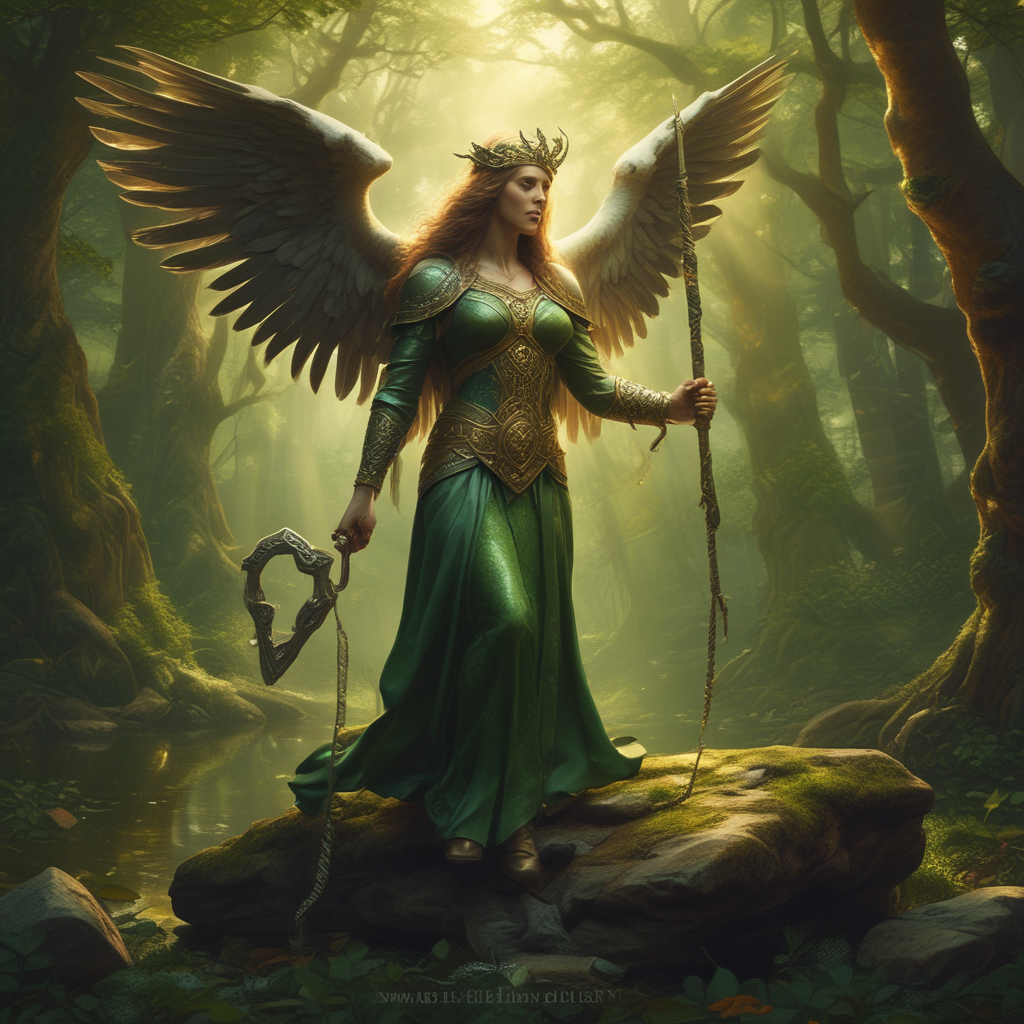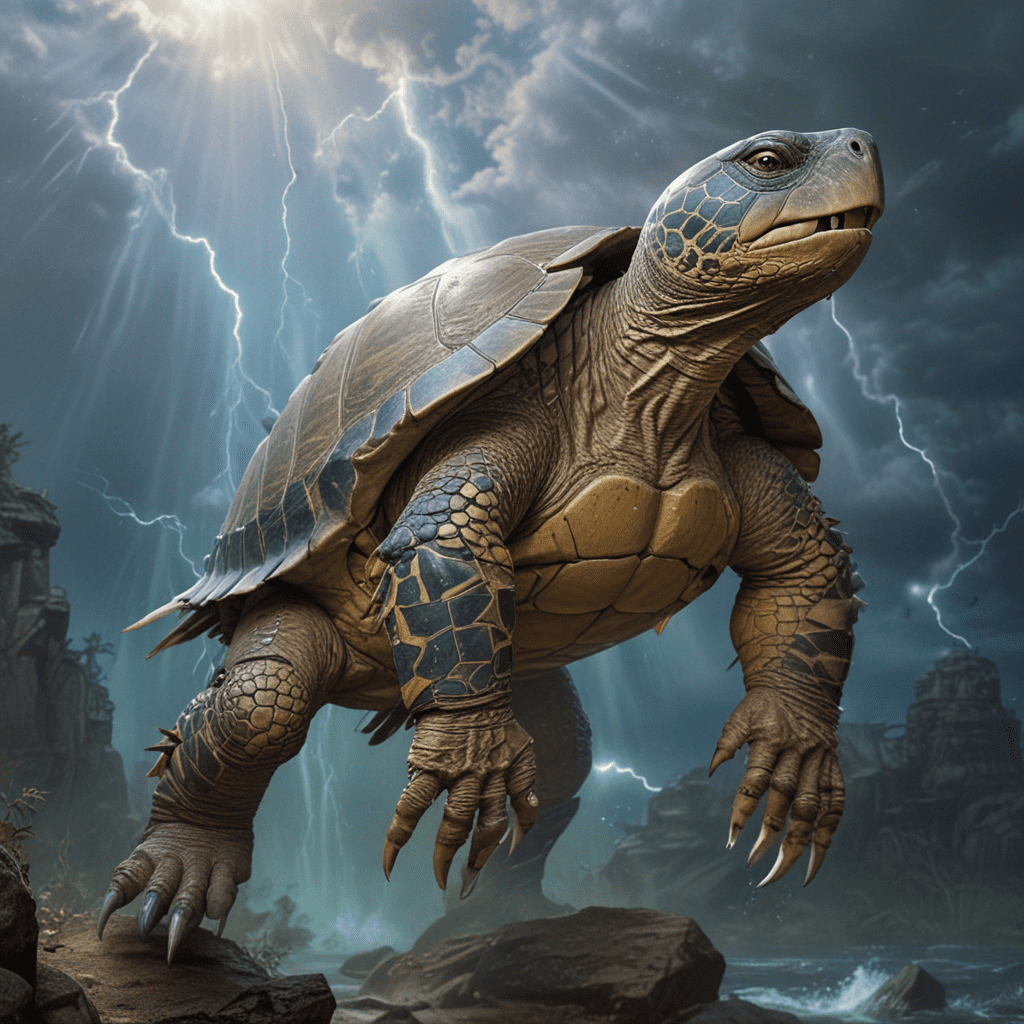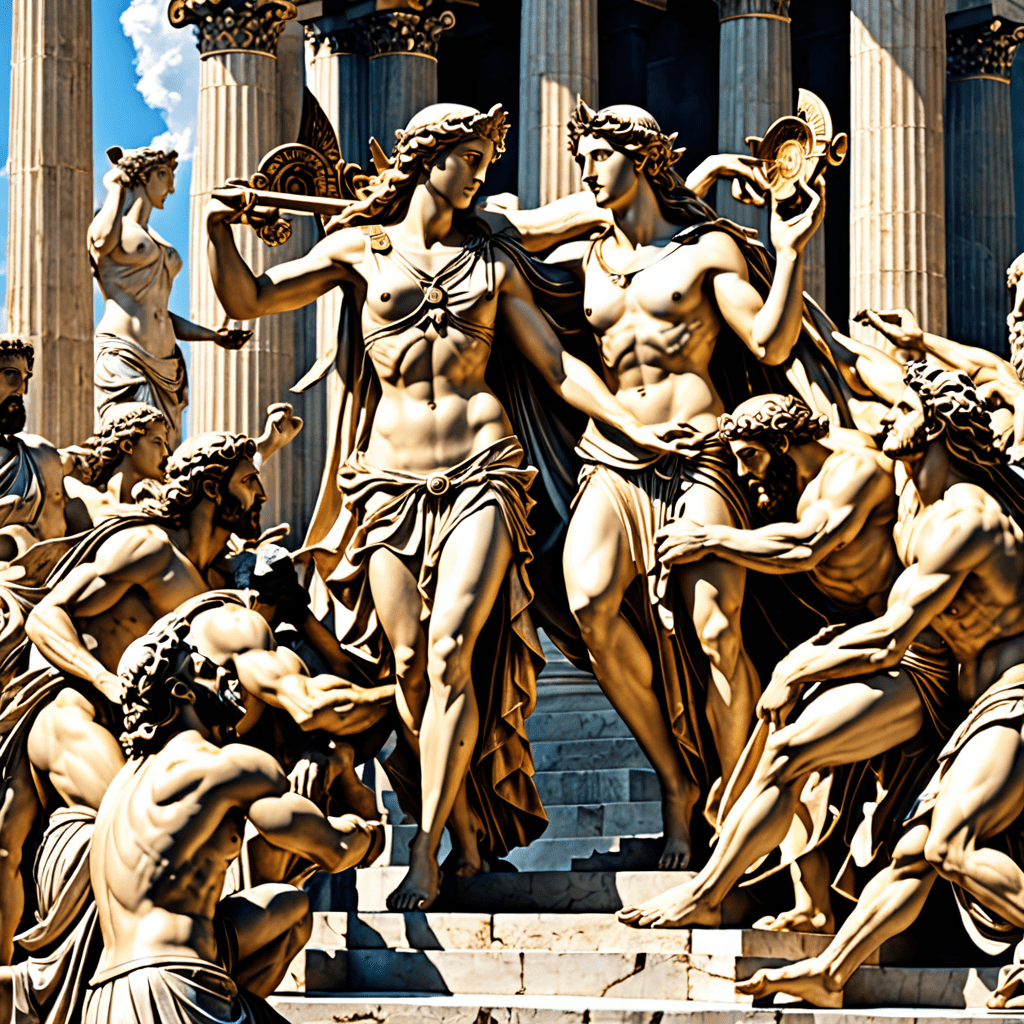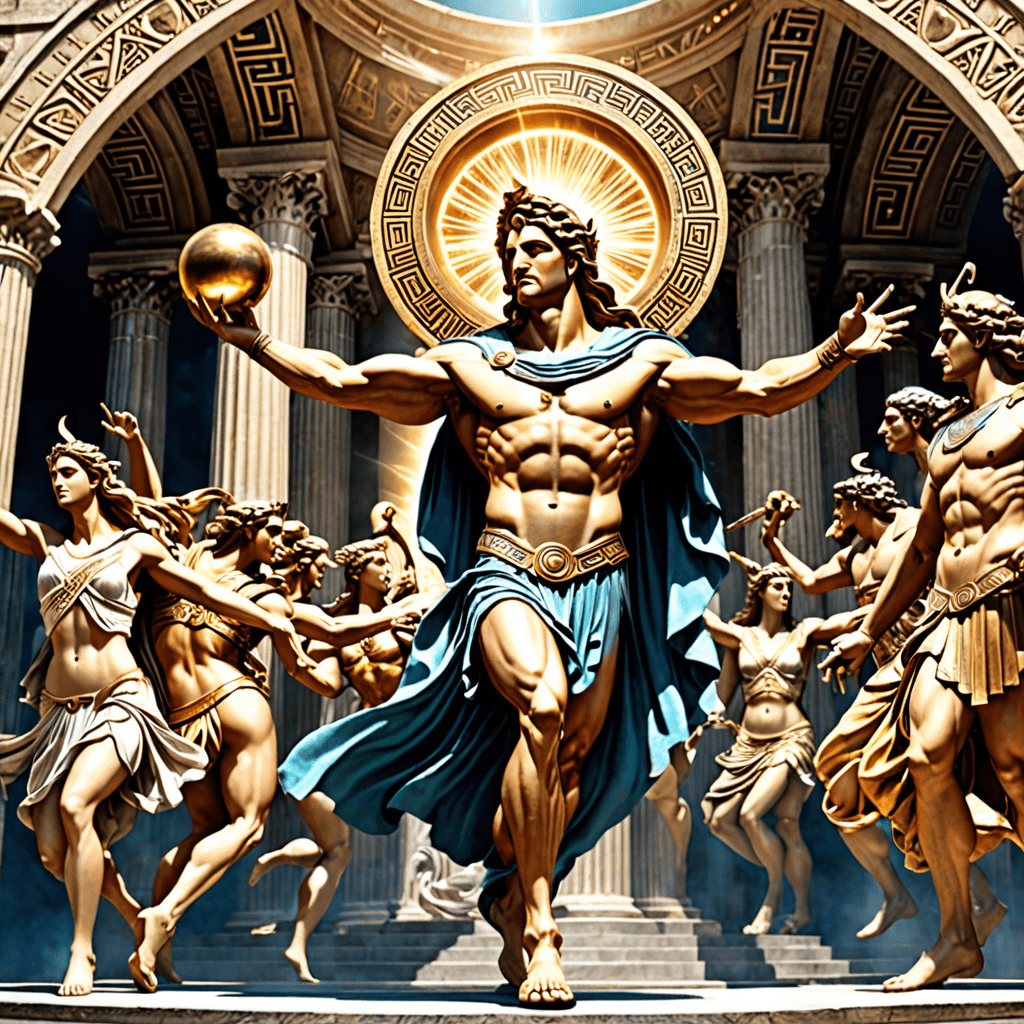The Influence of Irish Mythology on Celtic Tradition
Irish mythology has deeply influenced Celtic tradition, weaving rich tapestries of folklore, legends, and beliefs that resonate through the ages. Let’s delve into the significance and influence of Irish mythology on Celtic culture.
The Origins of Irish Mythology
Irish mythology traces its roots to the pre-Christian era, where ancient stories and myths were passed down through generations orally. These tales were eventually transcribed into manuscripts like the Lebor Gabála Érenn (The Book of Invasions) and the Táin Bó Cúailnge (The Cattle Raid of Cooley), preserving the mythology for posterity.
The Deities and Heroes of Irish Mythology
Irish mythology teems with a vibrant cast of deities and legendary figures such as the Celtic god Lugh, the Morrigan, Cú Chulainn, and Fionn mac Cumhaill. These characters represent virtues, vices, and the human experience, embodying aspects of nature and spirituality revered in Celtic tradition.
The Influence on Celtic Tradition
The tales of Irish mythology have imprinted themselves deeply on Celtic tradition, shaping rituals, artwork, and even landscape features. Concepts like the Otherworld, expressed through the myth of Tir na nÓg, permeate Celtic beliefs, inspiring reverence for nature and the spiritual realm.
Additionally, festivals like Samhain influenced the modern celebration of Halloween, showcasing how ancient Celtic practices intertwined with Irish mythological narratives remain a vibrant part of contemporary culture.
It is undeniable that Irish mythology continues to be a cornerstone of Celtic tradition, bridging the gap between the ancient past and the present, enchanting us with legends of gods, heroes, and mystical realms.
Frequently Asked Questions about the Influence of Irish Mythology on Celtic Tradition
What is the significance of Irish mythology in Celtic tradition?
Irish mythology holds a central place in Celtic tradition, influencing various aspects of Celtic culture, art, storytelling, and religious beliefs. The rich tapestry of Irish myths and legends has shaped the collective identity and values of Celtic peoples.
How do Irish myths contribute to Celtic folklore?
Irish myths, filled with gods, heroes, and mystical creatures, have been passed down through generations, enriching the expansive tapestry of Celtic folklore. These tales reflect the Celtic worldview, values, and spirituality.
Can you provide examples of well-known Irish myths that have permeated Celtic tradition?
Stories like the epic tale of the Tuatha Dé Danann, the heroic deeds of Cú Chulainn, and the mystical realm of Tír na nÓg are prominent examples of Irish myths that have deeply influenced Celtic tradition, inspiring art, literature, and cultural practices.
How has the influence of Irish mythology manifested in modern Celtic culture?
The impact of Irish mythology continues to resonate in modern Celtic culture through festivals, literature, music, dance, and visual arts. These cultural expressions often draw upon the timeless themes and characters found in Irish myths, connecting contemporary audiences to their ancestral heritage.



